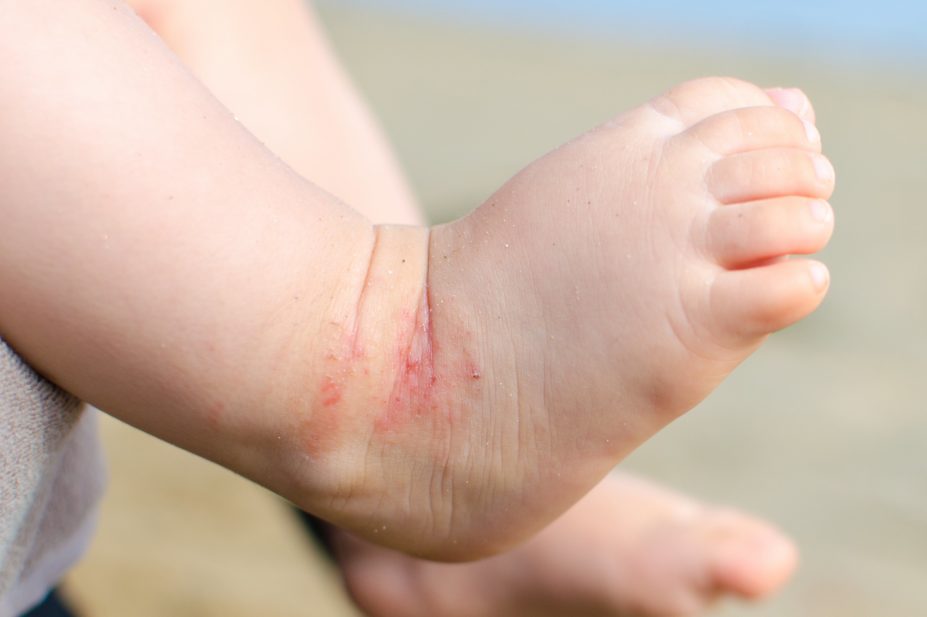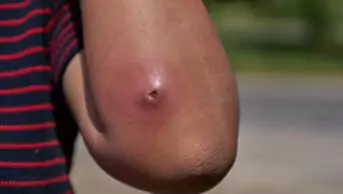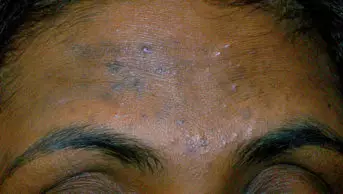
Shutterstock.com
Applying daily emollient during the first year of life does not seem to prevent eczema in high-risk children and could increase the risk of skin infections, a study published in The Lancet (19 February 2020) has suggested[1]
.
A randomised controlled trial was carried out across 12 hospitals and 4 primary care sites in the UK. The sample group involved 1,394 newborn babies at high-risk of eczema — defined as those with at least one first-degree relative with eczema, allergic rhinitis or asthma — who were randomly assigned to either daily application of one of two commonly-used emollients for the first year of life, in addition to standard skin-care advice, or standard skin-care advice alone.
At age two years, eczema was present in 23% of the infants in the emollient group and 25% of infants in the control group. The mean number of skin infections per child in year one was 0.23 in the emollient group versus 0.15 in the control group.
“We found no evidence that daily emollient during the first year of life prevents eczema in high-risk children and some evidence to suggest an increased risk of skin infections,” the researchers concluded.
“Our study shows that families with eczema, asthma or allergic rhinitis should not use daily emollients to try and prevent eczema in their newborn.”
References
[1] Chalmers J, Haines R, Bradshaw L et al. Lancet 2020; In press. doi: 10.1016/S0140-6736(19)32984-8


